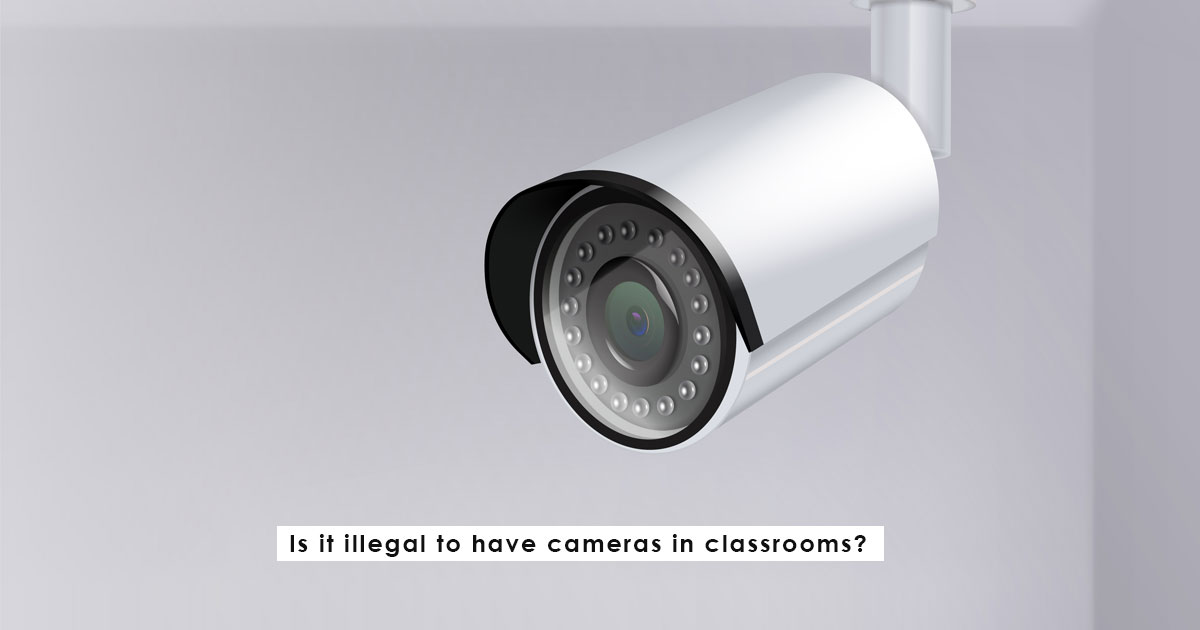The use of cameras in classrooms has become an increasingly pertinent topic in the United States, especially as schools seek ways to enhance security, monitor educational activities, and incorporate technology into their environments. This article explores the legal landscape surrounding the installation and use of cameras in educational settings, addressing privacy concerns and regulatory compliance.
Federal Laws and Privacy Concerns
Family Educational Rights and Privacy Act (FERPA): FERPA is a federal law that protects the privacy of student education records. While FERPA does not specifically prohibit the use of cameras in classrooms, it does place restrictions on how visual recordings, which could be considered part of a student’s education record, are handled, shared, and stored.
Protection of Pupil Rights Amendment (PPRA): This law requires schools to notify parents and obtain consent before students participate in certain activities, potentially including those where video recording is involved, particularly if the recordings are used for research or other non-educational purposes.
State Laws and Regulations
State laws vary significantly when it comes to cameras in classrooms:
- Consent Requirements: Some states require consent from parents or guardians before cameras can be installed in classrooms where minors are present.
- Notification: Many states mandate that schools must notify students and parents about the presence of cameras and the purpose of the recording.
- Use and Disclosure: States often have specific guidelines about who can view the recordings and under what circumstances they can be disclosed.
Purpose of Cameras
The legality of using cameras in classrooms often depends on their intended use:
- Security: Cameras installed for security purposes, such as to prevent theft or ensure safety, are generally considered legal provided they are placed in common areas and not in private spaces such as bathrooms or locker rooms.
- Educational Purposes: Cameras used for recording lessons or observing classroom behavior can be legal but may require more stringent adherence to privacy laws, including FERPA.
Privacy and Ethical Considerations
The use of cameras in classrooms raises significant privacy and ethical questions:
- Student Privacy: There is a concern about the potential for invasion of privacy, particularly in sensitive environments or activities.
- Data Security: Ensuring the security of video feeds and stored video data is critical to prevent unauthorized access and breaches of student confidentiality.
Recent Legal Challenges and Debates
There have been instances where the use of cameras in classrooms has led to legal challenges, typically revolving around privacy violations or improper disclosure of recorded materials. These cases often prompt schools to reassess their policies and practices regarding classroom surveillance.
Conclusion
While it is not universally illegal to have cameras in classrooms across the United States, schools must navigate a complex web of federal and state laws that protect student privacy and regulate electronic surveillance. Schools considering the use of cameras should consult legal experts to ensure compliance with all applicable laws and to implement best practices for protecting the rights of students and staff.
References
- Family Educational Rights and Privacy Act (FERPA), https://www2.ed.gov/policy/gen/guid/fpco/ferpa/index.html
- Protection of Pupil Rights Amendment (PPRA), https://www2.ed.gov/policy/gen/guid/fpco/ppra/index.html









Leave a Reply